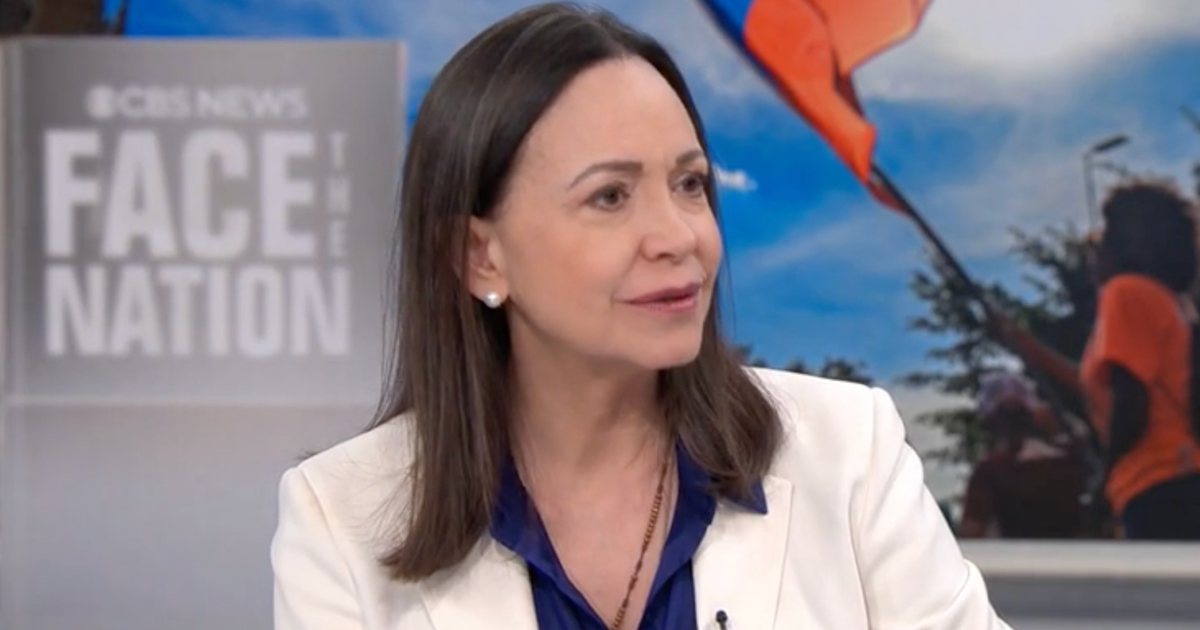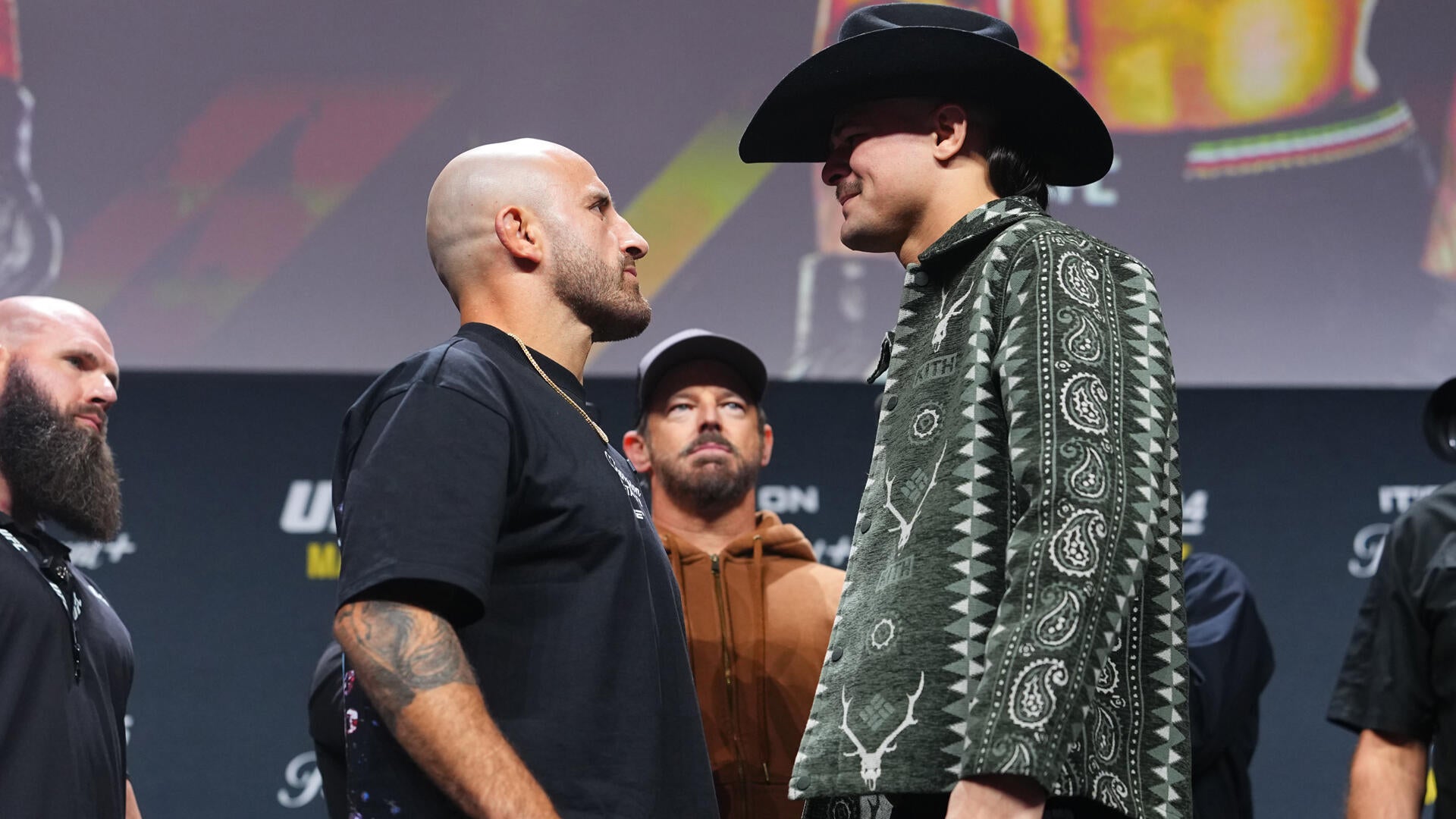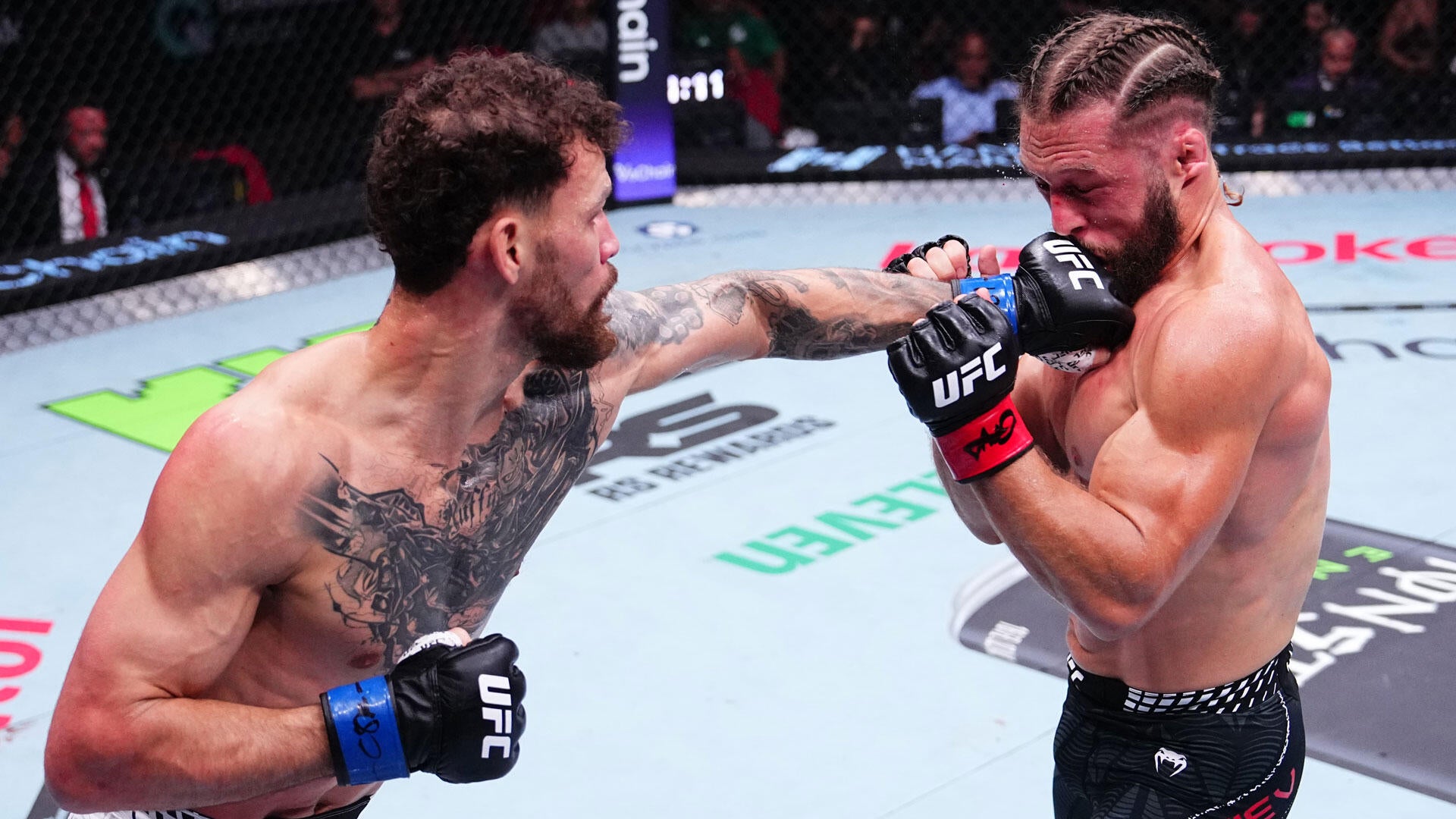

Mr. Altman discussed President Trump’s understanding of artificial intelligence, the war for A.I. talent and OpenAI’s relationship with Microsoft.
Sam Altman, the chief executive of artificial intelligence company OpenAI, said on Tuesday that he has had productive talks with President Trump about A.I. and credited him with understanding the geopolitical and economic importance of the technology.
“I think he really gets it,” Mr. Altman said. He added, “I think he really understands the importance of leadership in this technology.”
Mr. Altman, 40, made his remarks about Mr. Trump during a live interview in San Francisco with “Hard Fork," the tech podcast from The New York Times.
Over the 30-minute conversation, Mr. Altman and Brad Lightcap, OpenAI’s chief operating officer, discussed A.I.’s effect on jobs, the grab for technological talent by Meta’s Mark Zuckerberg and regulatory and safety concerns about the fast-evolving and powerful technology.
(The New York Times has sued OpenAI and its partner, Microsoft, accusing them of copyright infringement of news content related to A.I. systems. OpenAI and Microsoft have denied those claims.)
Here are some of the takeaways.
On President Trump
Mr. Altman has made it a point to forge a relationship with Mr. Trump. The day after the president’s inauguration in January, Mr. Altman stood behind Mr. Trump in the White House’s Roosevelt Room as Mr. Trump announced a $100 billion A.I. infrastructure deal, called Stargate, which was backed by OpenAI, SoftBank and Oracle. Mr. Trump described it as the “largest A.I. infrastructure project by far in history.”
On Tuesday, Mr. Altman said Mr. Trump understood A.I. and “the potential for economic transformation, sort of geopolitical importance, the need to build a lot of infrastructure.”
How A.I. is affecting jobs
Fears over how artificial intelligence could replace humans in jobs have loomed for years. More recently, there have been signs that some employers may be starting to use A.I. for entry-level jobs instead of hiring young graduates.
Mr. Lightcap said he concurred with predictions that A.I. would change jobs.
“I think that there is going to be some sort of change,” he said. “I think it’s inevitable. I think every time you get a platform shift, you get the changing job market."
Mr. Altman added that history suggested that better tools — in this case, artificial intelligence — would lead to more efficiency and people living richer lives.
Regulatory and safety concerns
Mr. Altman affirmed that there was a need to regulate A.I. but said it would be difficult to offer services if regulations varied by states.
“As these systems get quite powerful, we clearly need something,” he said. “And I think something around the really risky capabilities and ideally something that can be quite adaptive and not like a law that survives 100 years.”
His comments added to a debate over how governments should treat artificial intelligence. During the Biden administration, Mr. Altman and other tech executives said they believed in regulation of A.I., though no laws were passed. Mr. Trump has taken a more laissez-faire attitude toward potentially regulating the technology. Lawmakers recently included a 10-year ban on A.I. regulation in President Trump’s domestic policy bill.
“I have become a bit more, jaded isn’t the right word, but it’s something in that direction, about the ability of policymakers to grapple with the speed of technology,” Mr. Altman said.
The fight for A.I. talent
Silicon Valley has been agog in recent weeks over how Meta, which owns Facebook, Instagram and WhatsApp, has been spending big to hire A.I. talent.
Mr. Zuckerberg steered Meta’s $14.3 billion investment in the A.I. start-up Scale AI and hired its 28-year-old chief executive, Alexandr Wang, to join a new lab that is pursuing “superintelligence,” a theoretically powerful form of A.I. that could exceed the human brain. Mr. Zuckerberg has also dangled nine-figure pay packages to attract other technologists to Meta.
In the interview with “Hard Fork,” Mr. Altman seemed unbothered by the rivalry. When Mr. Lightcap was asked if he thought Mr. Zuckerberg really believed Meta would develop “superintelligence” or if it was just a recruiting tactic, Mr. Lightcap replied, “I think he believes he’s superintelligent.”
OpenAI’s relationship with Microsoft
Microsoft is OpenAI’s biggest investor, pumping billions of dollars into the A.I. company. But there have been reports since last year that the relationship between the companies has soured.
“Do you believe that, when you read those things?” Mr. Altman said in answer to questions about the relationship.
He added that he had a “super nice call” with Satya Nadella, Microsoft’s chief executive, on Monday and that they discussed their future of working together.
“Obviously in any deep partnership, there are points of tension, and we certainly have those,” Mr. Altman said. “But on the whole, it’s been like really wonderfully good for both companies.”











-3.png)



